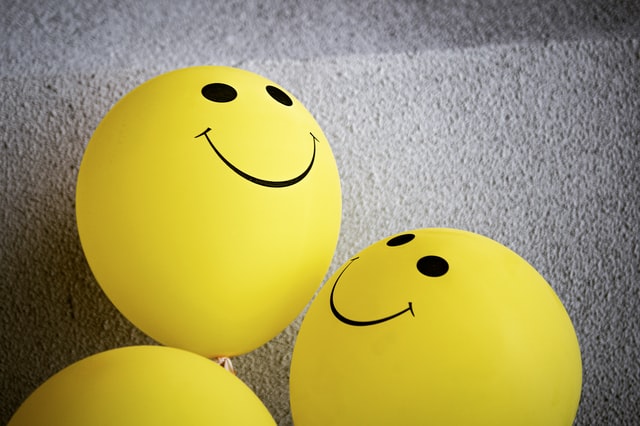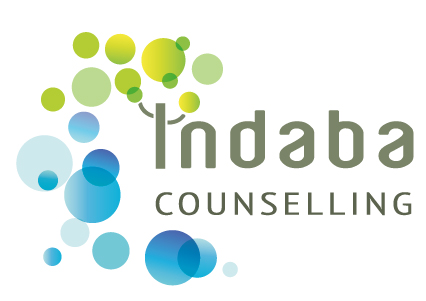15 Mar Our Emotional Pandemic

It’s been a long haul, this Pandemic! The one we remember forever as taking over the world in what seemed like the blink of an eye early in the year 2020. We recently celebrated the arrival of 2021 somehow thinking, or perhaps vaguely hoping, that with the coming of the new year all the horrors of 2020 would be consigned to the past. Unfortunately, Coronavirus is still with us, along with all the issues it brings.
There is also another Pandemic that is travelling the world on the back of Covid-19, like a sinister opportunist, lurking in the shadows. An Emotional Pandemic which in some ways is more devastating and more wide-spread. It eats away at our mental health and inflicts conditions such as depression, anxiety, PTSD, grief, burnout, suicidal ideation and extreme loneliness. We need to be just as alert to the mental health threat as the virus itself. In its own way it is more insidious and easy to miss if we give into the thinking that the symptoms we are experiencing are simply “to be expected” and therefore not legitimate targets for personal and professional intervention. Just like we have physical symptom checkers for Covid-19, we need to develop mental health symptom checklists.
As lockdown restrictions linger on in many parts of the world, they become ever harder to bear. In the beginning it was a novel experience. Frightening and inconvenient but also a chance to spend more time with family, do work around the house, or take up long neglected hobbies. Alongside the economic anxiety and uncertainty about how long it all would last, was a sense of camaraderie and being “in it together” with friends and family. But as lockdown has dragged on, the economic, social and political realities are hitting home, hard, for more and more people. Our homes are taking on the atmosphere more of a prison than a haven. We can’t travel; it’s challenging to find thing to look forward to; living with gratitude is elusive. The fault lines in our society, our community, our families and ourselves are being exposed more and more.
We are worried, bored, sad, trapped, lonely, frustrated and angry! Lockdown gloom can be as virulent as the virus.
Perhaps unsurprisingly, for many families, tensions and problems in relationships have been heightened by lockdown. Even good relationships can become unhealthy when people are compelled to spend an excessive amount of time in a shared space. There may be a sense of frustration with those who interpret lockdown restrictions differently to ourselves. In more extreme cases, where emotional and physical abuse are present, the triggers for the abuser and the risks to the targets of abuse are exponentially greater.
For those who express themselves through, and long for, physical contact, the requirements of social distancing may feel like a drought of the soul. Those who were single, or shut-ins before the Pandemic may find themselves so much more isolated now. Certain disabilities are even more challenging given our new reality. For example, I think of the alienation that near-universal mask reading poses to hearing-impaired people who rely on lip reading to communicate and remain socially connected in a hearing world?
Then there are all the things the virus exposes within ourselves. If we were struggling to find a sense of purpose and motivation, or were prone to depression or anxiety, it is likely that the Pandemic has exacerbated this. If substance abuse or addiction is a personal struggle, then Covid 19 will have added a whole set of new triggers. Food and alcohol have become both friend and enemy.
Masks and hand sanitizers are our only defence in many situations but they also cause problems for people with skin issues and are a hazard to the natural environment in the form of increased litter.
Economic inequalities around the world are starkly exposed. There are those in a position to order food online and limit their exposure, and those who have to deliver it in order to earn a living at great risk to themselves. Those whose jobs allow them to work remotely are generally able to remain employed while those who are required to show up in person for work, especially if their line of work is regarded as non-essential, have either lost jobs or face constant job insecurity. Whole industries are crippled or have been wiped out entirely.
It feels that our already divisive politics have become more so, with the Pandemic itself becoming overly politicized in many parts of the world. Racism and Xenophobia have been on the rise for quite some time, but under the threat of Covid it becomes even more tempting to point the finger at “The Other” and make them the culprit.
Even in parts of the world where lockdown restrictions have eased, this may not have brought the sense of relief and freedom we hoped for. The virus is still with us, but now we have to take a great deal more personal responsibility in how we deal with it. This comes with a high degree of uncertainty which is stressful and anxiety provoking.

However, wherever there is life, there is hope!
Not least, the multiple effective vaccines that have been developed in record breaking time. We are more connected, both by the common experience we are going through and the technology that allows us to reach across distance and be in the living room of anyone we may choose to connect with. Traumatic life events such as losing a job are perhaps less shaming and isolating as if you tell someone that you are currently unemployed they will likely answer with a one-word question: “Covid?” We have become more aware of often
marginalised sectors of our population, such as the elderly, those struggling financially, and shut-ins etc.
marginalised sectors of our population, such as the elderly, those struggling financially, and shut-ins etc.
Most significantly, your personal, inner resilience communicates the most hope. If you are still standing, even if battered and bruised, give yourself credit. Just getting through the day is a near-heroic achievement for many of us, much of the time. As a therapist I have been inspired by and am in awe of my clients. Every day you teach me the myriad of ways in which human beings are resilient and able to tap into inner resources and skills they didn’t even know they had.
If you are struggling with your mental wellbeing, know with certainty that you are not alone. Counselling provides a sounding board to help you work through the myriad of issues that the Pandemic has thrust upon you, including long standing ones that have been exacerbated. Although none of us can control the world we live in, there is a great deal we can do to control the way we respond. We can learn to strike the balance between being aware of what is going on around us and being responsible about it, versus giving in to an overload of negative news and thoughts. Coping skills learned in therapy support this empowerment.
I’m here to help. It can be hard to reach out for support but even thinking about it is your first vital step towards your emotional well-being. And of course, in our online world, I can work with you no matter what part of the country you find yourself in.
I can be contacted via info@indabacounselling.co.uk and +44 7772696598.


